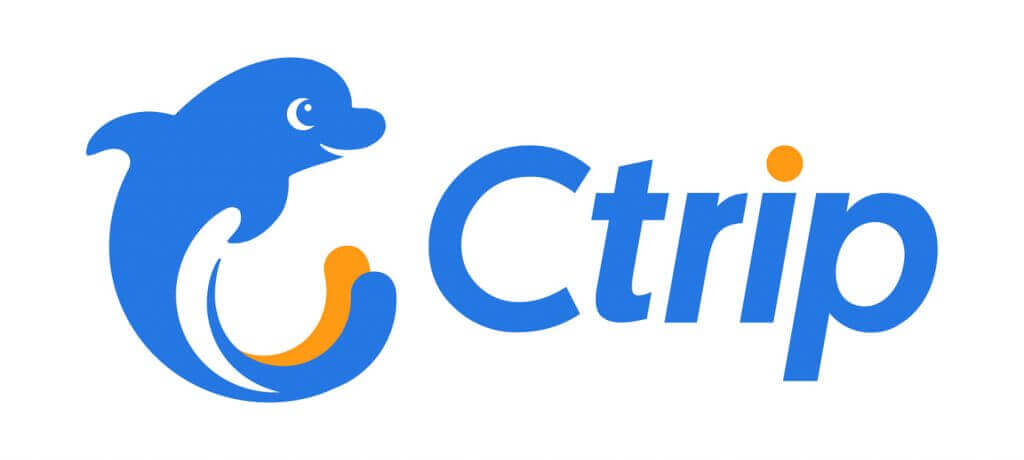
Attending the Phocuswright conference in Los Angeles during November 2016 provided a fascinating insight on the strategic intentions of the Chinese travel giant C-Trip.
The Chinese travel market is entirely mobile focused, with smartphone penetration at 80% and the desktop market being bypassed as prosperity has exploded in the last 10 years.
Countless research reports emphasise that although customers may download hundreds of Apps, they quickly focus down to using only five to six daily, meaning that for their travel needs they expect a “one stop shop” service, with their every need being provided by the brand they choose to remain loyal to.
This degree of coverage and brand loyalty may seem odd to online Western customers, who have grown up with the range and diversity of specialist products, available with one click via a Google search on your laptop or desktop computer.
However, as the Western world goes through its own mobile revolution, we are already seeing Facebook, due to its high mobile utilization, explode as a remarketing tool and one stop shops like Amazon take center stage for our shopping needs.
Just two years ago the Chinese market was a profit graveyard, that scared off even the deep pocketed USA travel giants like Expedia, as the dash for the dominance of the app market, in the mobile centric Chinese market reached its zenith.
However, two years later and the Chinese travel market is virtually unrecognizable, having become highly profitable on the back of a complete market consolidation by the giant C-Trip, taking majority stakes in its nearest rivals E-Long and Tunnar.
This profitability, access to capital and ability to take a long-term view of profitability, suddenly provides serious competition to the global expansion ambitions of the USA giants Priceline and Expedia.




